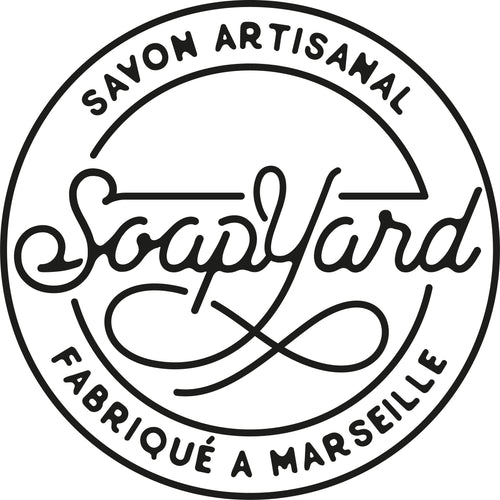Lebanon, a small yet breathtakingly diverse country, holds an unparalleled place in history as a crossroads of civilizations. Known for its stunning Mediterranean coastline, rich cultural traditions, and enduring spirit, Lebanon offers a unique blend of ancient history and vibrant modernity. Among its many treasures lies a lesser-known but fascinating tradition: soap-making. While this article intertwines the legacy of Lebanese soap-making, the focus remains on the country's captivating culture, offering insights into its cuisine, history, and travel tips.
A Cultural Crossroads
Lebanon’s history dates back thousands of years, with its cities like Byblos and Tyre being among the oldest continuously inhabited cities in the world. Its location made it a gateway for trade and cultural exchange, leaving an indelible mark on its architecture, language, and traditions.
Religious Heritage
Lebanon is a mosaic of faiths, with historic churches and mosques coexisting in harmony. The Qadisha Valley, a UNESCO World Heritage site, is a must-visit for its ancient monasteries and stunning natural beauty.
Food Culture: A Culinary Adventure
Lebanese cuisine is a sensory delight. Enjoy mezze—small plates of hummus, tabbouleh, and baba ghanoush—or savor grilled meats and freshly baked flatbreads. Don’t miss knafeh, a sweet cheese pastry soaked in rose syrup.
For authentic experiences, try local eateries like Em Sherif in Beirut or wander through the Souks for fresh produce and spices. TasteAtlas offers a great guide to Lebanese food culture.
Traditional Lebanese Craftsmanship
The Art of Soap-Making
While soap-making isn’t Lebanon’s most famous craft, it offers a glimpse into its artisanal traditions. Tripoli’s Khan Al-Saboun (Soap Khan) showcases this centuries-old practice, where olive oil and laurel oil are transformed into soap using time-honored methods. These rustic soaps embody Lebanon’s connection to its natural resources, from olive groves to aromatic herbs.
This practice parallels France’s soap-making traditions, particularly in Provence. While Lebanese soaps emphasize raw, earthy simplicity, French soaps, like those from Soapyard.com, elevate the craft with refined fragrances and meticulous triple-milling techniques.
Travel Tips for Lebanon
What to Pack
Bring comfortable walking shoes for exploring ancient ruins and rugged mountain trails. A compact travel tin from Soapyard is a great way to carry eco-friendly soap on the go—ideal for long journeys without relying on single-use plastics.
Must-Visit Destinations
- Byblos: Stroll through this ancient port city and marvel at its Roman and Phoenician ruins.
- Cedars of God: Visit these iconic cedar trees, symbols of Lebanon’s identity.
- Beirut’s Corniche: Enjoy a leisurely walk along this vibrant waterfront.
Geography Shapes Tradition
Lebanon’s climate and terrain have shaped its traditions for centuries. From olive groves that provide the oil for soap to the mountain valleys that inspire its cuisine, the country’s resources are intricately linked to its cultural practices. The same connection can be seen in France’s Provence region, where lavender fields and citrus orchards influence the design of artisanal soaps.
This geographic connection underscores how different environments produce distinct traditions—each worth celebrating for its uniqueness.
Learn More
- Lebanese Religious History: UNESCO World Heritage
- Lebanese Food Culture: TasteAtlas
- Khan Al-Saboun: Atlas Obscura

